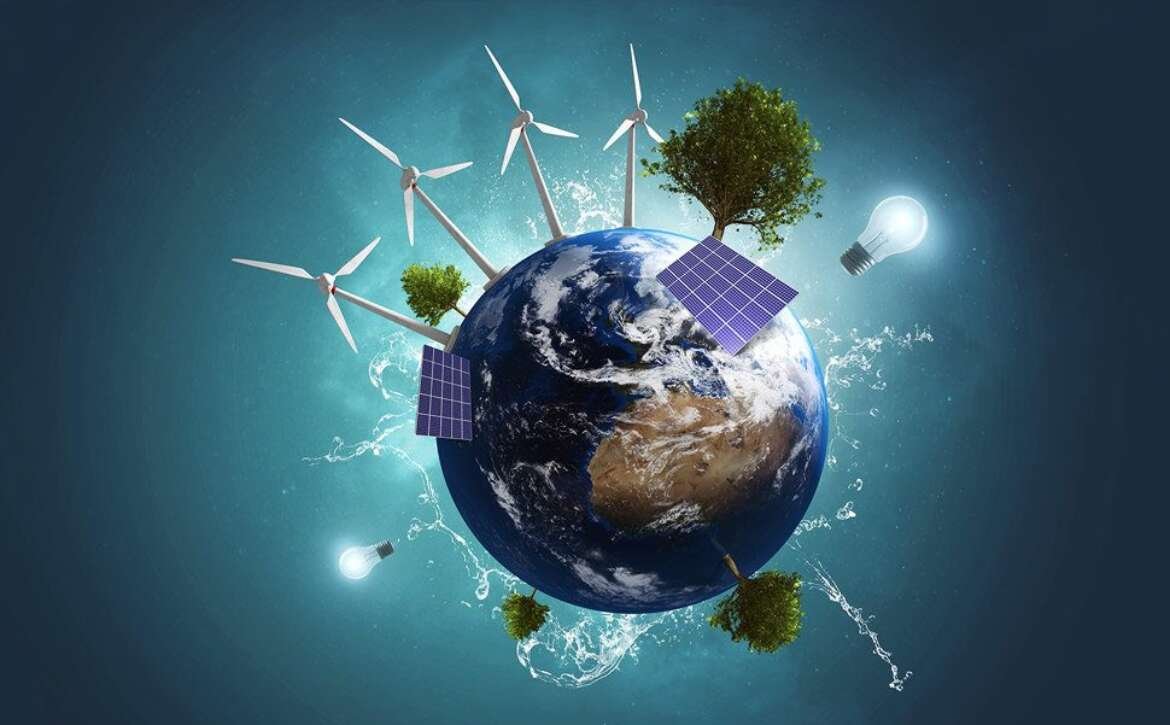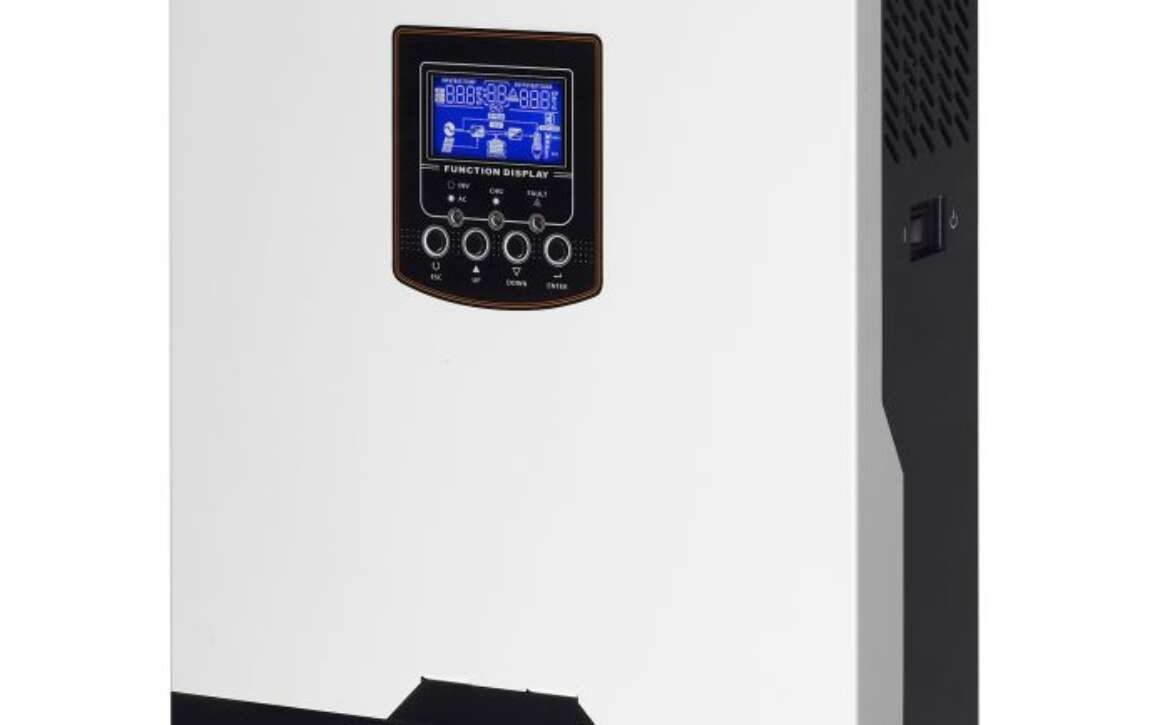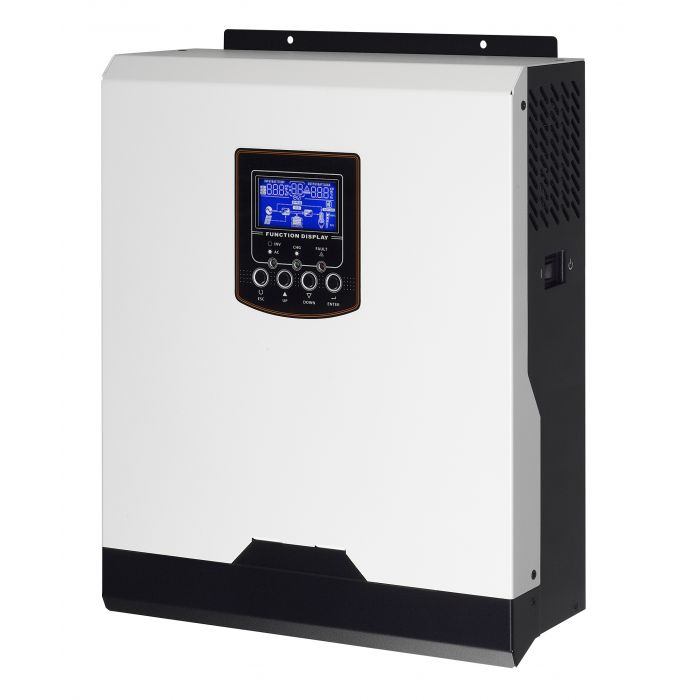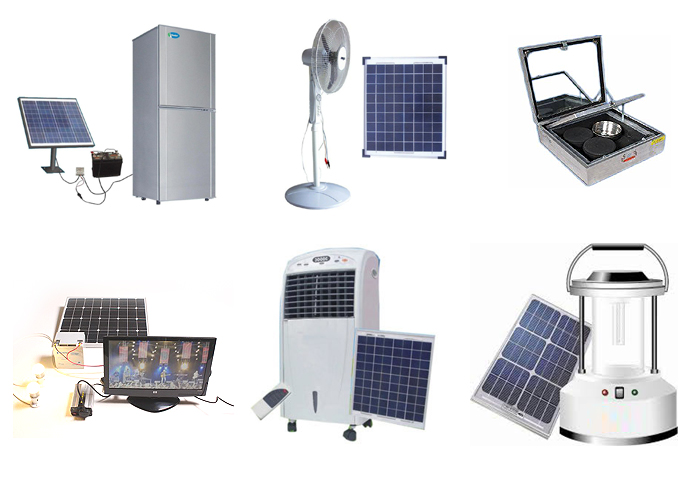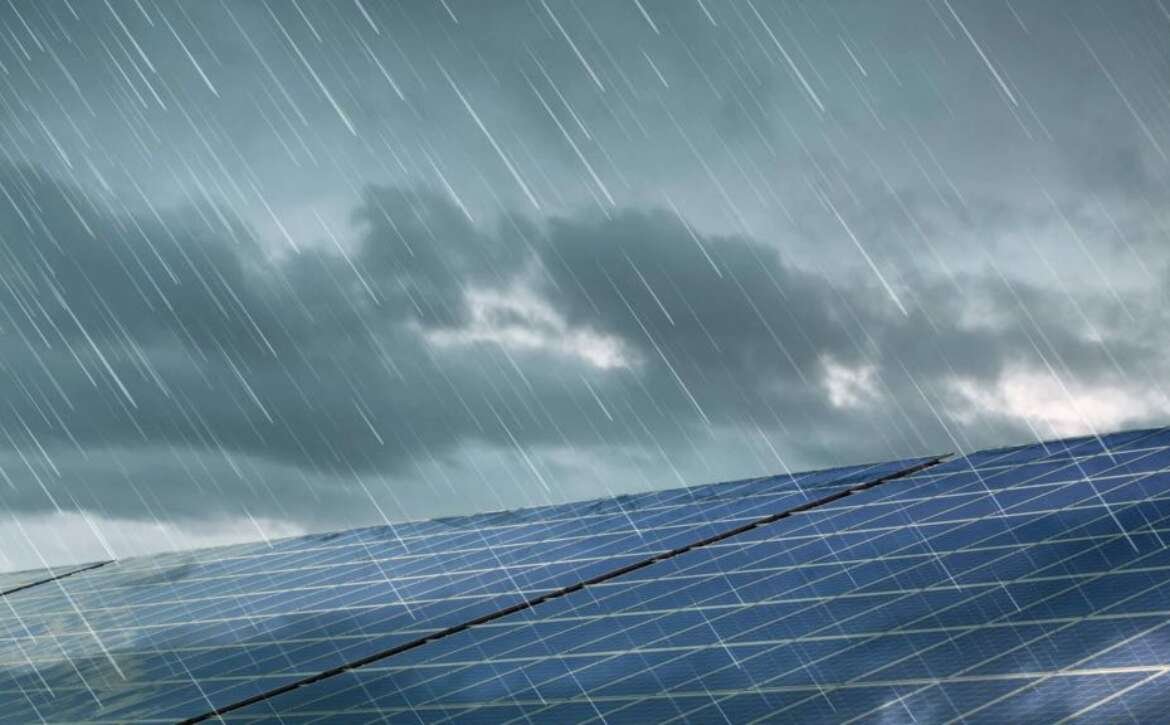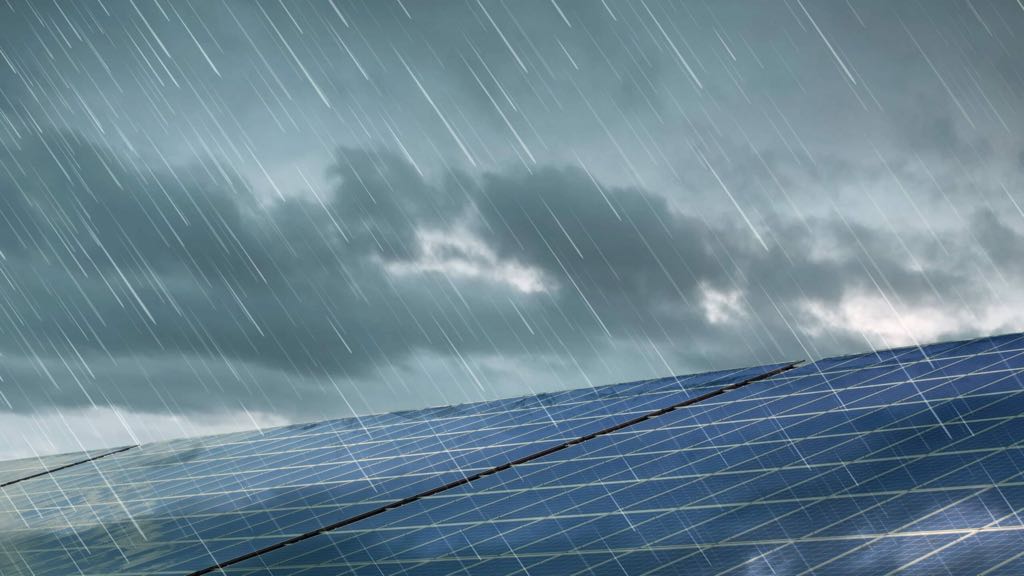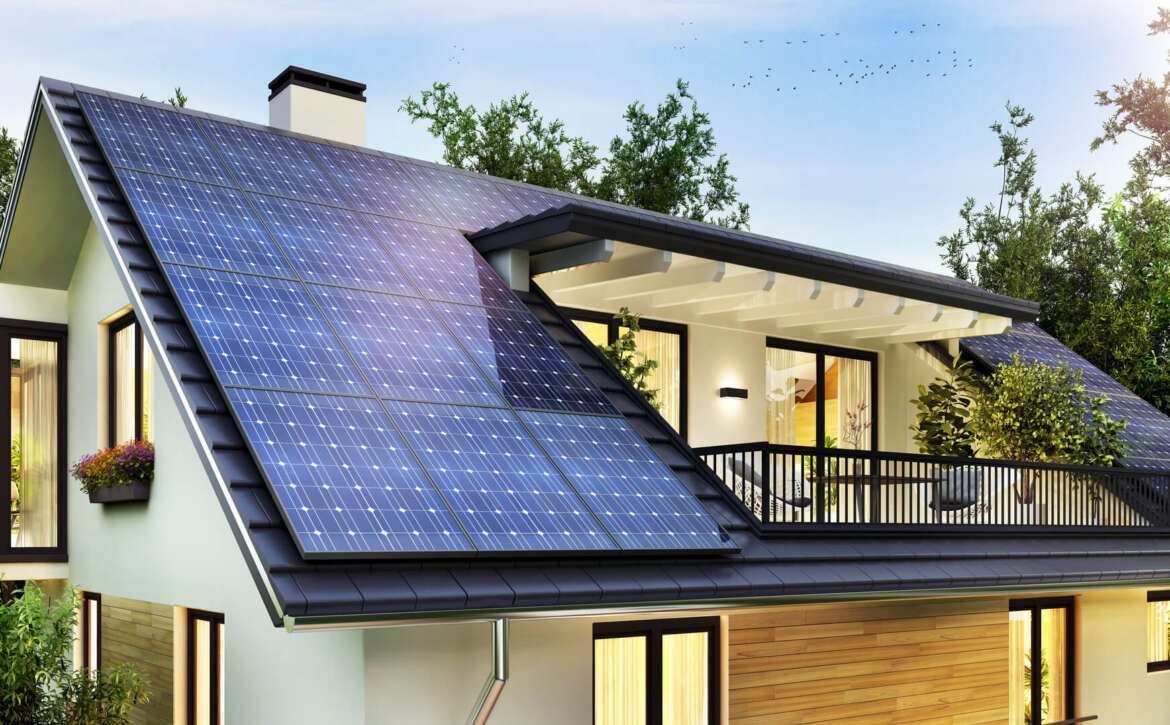Slash Your Energy Bills in Half: Discover How Solar Energy Systems Can Cut Your Electricity Costs by 50%
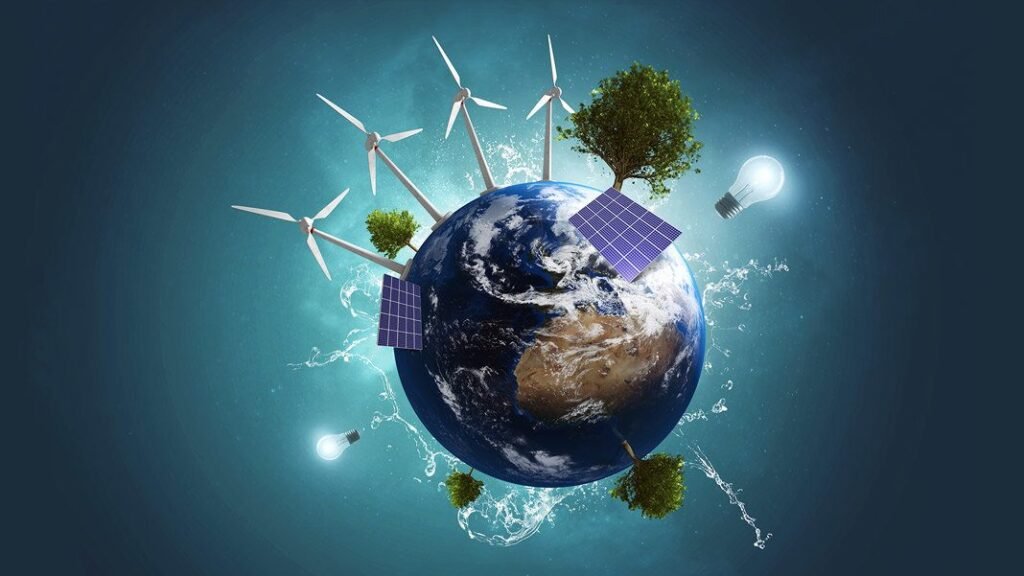
Are you tired of paying high electricity bills every month? Do you want to take control of your energy consumption and save money in the process? If so, then it’s time to consider installing a solar energy system in your home.
Solar energy is a renewable and sustainable source of power that can help you reduce your reliance on the grid and lower your electricity bills. By harnessing the power of the sun, you can generate your own electricity and reduce your carbon footprint at the same time.
Here are some ways that solar energy systems can help you cut your electricity bills in half:
- Generate Your Own Electricity
One of the biggest advantages of solar energy systems is that they allow you to generate your own electricity. This means that you can produce the power you need to run your home without relying on the grid.
When you install a solar energy system, you’ll typically have a set of solar panels mounted on your roof or in your yard. These panels capture the energy from the sun and convert it into usable electricity that can power your lights, appliances, and other devices.
By generating your own electricity, you can significantly reduce your reliance on the grid and lower your electricity bills as a result.
2. Store Excess Energy
Another way that solar energy systems can help you save money is by allowing you to store excess energy. This is particularly useful if you live in an area with high electricity rates, or if you experience frequent power outages.
When you install a solar energy system, you can also install a battery backup system that allows you to store excess energy for later use. This means that you can continue to power your home even when the sun isn’t shining, or when the grid goes down.
By storing excess energy, you can reduce your reliance on the grid even further and cut your electricity bills by as much as 50%.
3. Take Advantage of Incentives
Finally, it’s worth noting that there are many incentives available to homeowners who install solar energy systems. These incentives can help you save even more money on your installation costs and your electricity bills.
For example, in some areas, homeowners can take advantage of tax credits, rebates, or other incentives that can cover up to 50% of the cost of a solar energy system. Additionally, many utility companies offer net metering programs that allow you to earn credits for excess energy that you produce and send back to the grid.
By taking advantage of these incentives, you can make solar energy even more affordable and accessible.
If you’re looking for a way to cut your electricity bills in half and take control of your energy consumption, then a solar energy system may be the solution you’re looking for. By generating your own electricity, storing excess energy, and taking advantage of incentives, you can significantly reduce your reliance on the grid and save money in the process. Contact a reputable solar system installation company like Solfa Power today to learn more.


